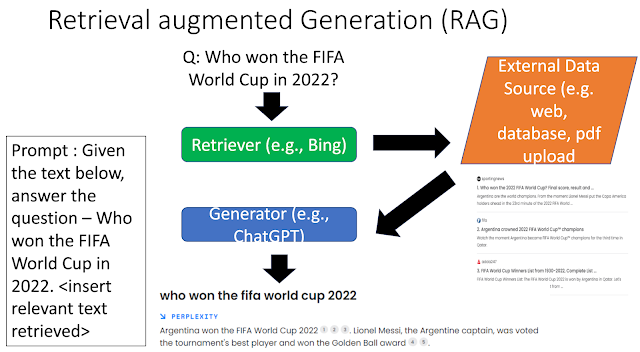
Source New! Listen to a 10min autogenerated podcast discussing this blogpost from Google LLM Notebook Ex Libris surprised us by suddenly releasing Primo Research Assistant to production on September 9, 2024 (when the earlier timeline was 4Q 2024 with some believing it might even be delayed). Despite the fact that there are so many RAG (retrieval augmented generation) academic search systems today that









